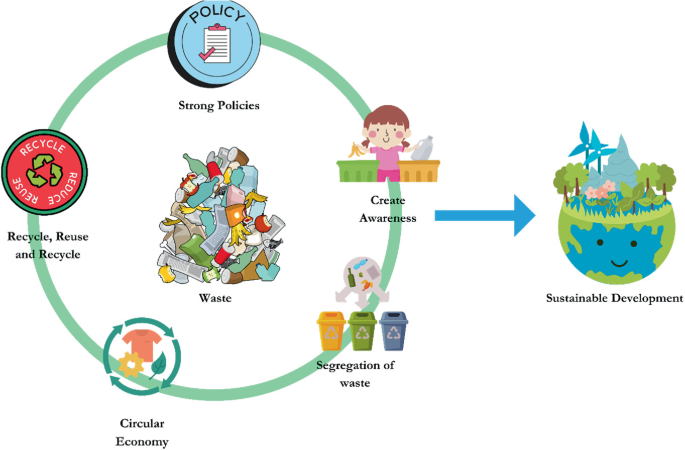What Does Reclaim Waste Do?
What Does Reclaim Waste Do?
Blog Article
Some Of Reclaim Waste
Table of ContentsAll About Reclaim WasteLittle Known Facts About Reclaim Waste.8 Simple Techniques For Reclaim Waste7 Easy Facts About Reclaim Waste DescribedThe Single Strategy To Use For Reclaim Waste
Discover the kinds, occurrences, and forms of fluid waste. Residential sewage waste describes the waste and products from a domestic septic tank. This kind of waste is created by human beings in residences, institutions, and various other buildings. This only includes septic tanks that have a drain area. The correct administration and disposal of residential sewer waste need liquid waste to be transferred to a sewer treatment plant where the proper techniques and devices are put on purify and get rid of waste.
Commercial waste commonly consists of prospective dangers, such as flammable materials or a mixture of fluid and strong waste items, and calls for an advanced and thorough disposal procedure. The disposal of industrial waste typically includes the filtering of waste before transportation to ensure risk-free and correct disposal. Hazardous waste is produced from by-products and drainage of industrial procedures and manufacturing.
This kind of waste can not make use of the very same sewer administration transportation or processes as septic or industrial fluids. The industrial waste monitoring procedure calls for the examination and testing of fluid waste before it undertakes the disposal procedure (liquid waste disposal). Runoff waste is the liquid waste that comes from overflow and excess stormwater in highly inhabited areas or cities
Overflow waste can cause contamination and flooding if not dealt with effectively. Ensuring appropriate waste management can avoid disasters and minimize environmental harm.
8 Easy Facts About Reclaim Waste Shown
Contact PROS Providers today to learn regarding our waste administration and disposal solutions and the appropriate methods to care for the liquid waste you create.
(https://experiment.com/users/reclaimwaste1)This so-called 'wastewater' is not just an essential source but, after therapy, will certainly be released to our land, rivers or the ocean. Used water from commodes, showers, bathrooms, cooking area sinks, laundries and commercial procedures is recognized as wastewater.

water made use of to cool machinery or clean plant and tools). Stormwater, a kind of wastewater, is runoff that flows from agricultural and urban locations such as roofing systems, parks, yards, roadways, paths and gutters into stormwater drains pipes, after rainfall. Stormwater streams without treatment directly to local creeks or rivers, ultimately getting to the ocean.
The Best Strategy To Use For Reclaim Waste
In Queensland, a lot of wastewater is treated at sewer treatment plants. Wastewater is transferred from domestic or industrial websites via a system of sewers and pump terminals, called sewage reticulation, to a sewage treatment plant. Regional federal governments construct, maintain and operate most sewage therapy plants. Operators are certified under the Environmental Protection Act 1994 to release treated wastewater at an acceptable ecological requirement into waterways.
The Department of Natural Resources suggests city governments concerning handling, operating and preserving sewerage systems and treatment plants. In unsewered locations, neighborhood federal governments might require homeowners to install specific or family sewage treatment systems to treat domestic wastewater from bathrooms, cooking areas, restrooms and washings. The Division of Natural Resources authorises using house systems when they are confirmed to be effective.
In some brand-new subdivisions, therapy of some stormwater to eliminate trash, sand and gravel has started using gross contaminant traps. Wastewater therapy happens in 4 stages: Eliminates solid matter.
Wastewater then streams into big storage tanks where solids clear up and are removed as sludge. Grease and residue are skimmed from the surface area. this website Makes use of little living organisms recognizes as micro-organisms to break down and get rid of staying dissolved wastes and great fragments. Micro-organisms and wastes are integrated in the sludge. Removes nitrogen and phosphorus nutrients that could trigger algal flowers in our waterways and threaten marine life.
Indicators on Reclaim Waste You Should Know
Nutrient removal is not offered at all sewer therapy plants due to the fact that it requires costly specialised equipment. Clear fluid effluent generated after treatment might still include disease-causing micro-organisms - liquid waste removal melbourne.

The majority of wastewater streams into the sewage system. Under the Act, regional federal governments provide approvals and licences for environmentally pertinent tasks (Periods) involving wastewater releases that could have a neighborhood effect.
Reclaim Waste - Questions
Otherwise, samples are taken for lab analysis. Usually lots of tests are needed to establish the degrees of each of the different toxins such as oils, hefty metals and pesticides in water. Tracking supplies factual details concerning water high quality and can confirm that licence conditions are being met. The info gotten with surveillance gives the basis for making water high quality choices.
Report this page